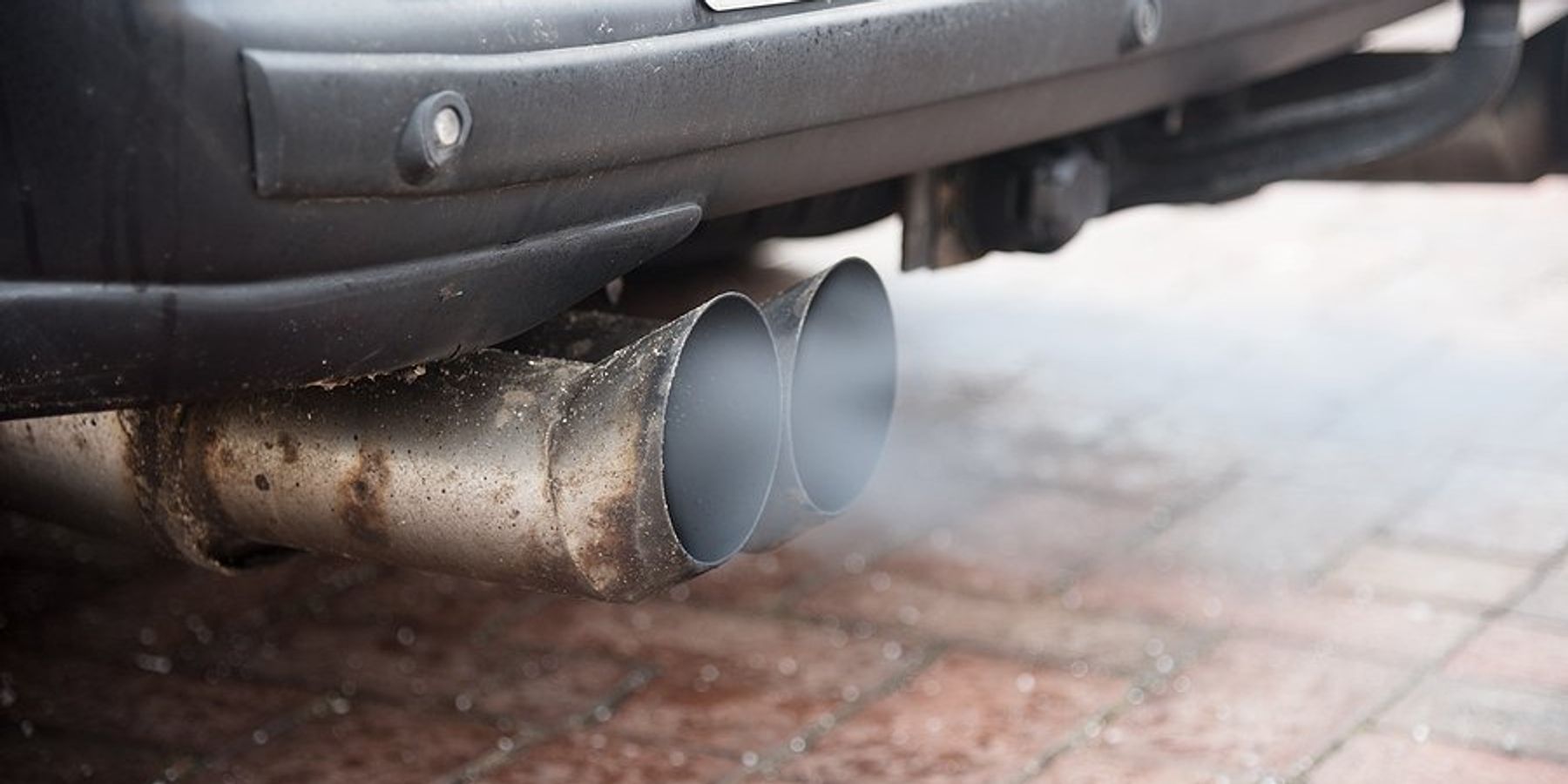
Businesses fear 'chaos' after Trump administration moves to strip EPA’s climate pollution authority
The U.S. Environmental Protection Agency is seeking to revoke its own authority to regulate greenhouse gases, a move that would erase key climate protections and unsettle both legal and corporate frameworks built over the last 15 years.
Michael Copley reports for NPR.
In short:
- The EPA is proposing to overturn its 2009 “endangerment finding,” which declared greenhouse gases a threat to public health, forming the legal basis for federal climate rules under the Clean Air Act.
- Major corporations, including oil and gas firms, have largely opposed the repeal, citing the need for stable federal standards to guide investments and defend against lawsuits.
- Critics argue the rollback ignores scientific consensus on climate risks and could expose fossil fuel companies to more litigation from states and cities seeking damages from climate impacts.
Key quote:
Industry really has accepted the endangerment finding. They have accepted that carbon dioxide and other greenhouse gasses are pollutants and that something needs to be done with that." But in the conservative movement, "there's an element out there that just wants to pretend that [climate change] is not a problem."
— Jim Murphy, director of legal advocacy at the National Wildlife Federation
Why this matters:
Revoking the EPA’s authority to regulate greenhouse gases would dismantle a central legal framework that has guided U.S. climate policy for over a decade. The endangerment finding, first issued in 2009, underpins federal limits on carbon emissions from vehicles, power plants, and other sources. Without it, companies could face a patchwork of state lawsuits and regulations, making long-term planning more costly and uncertain while exposing them to greater liability.
Read more: Climate scientists push back as Trump administration seeks to weaken EPA authority













